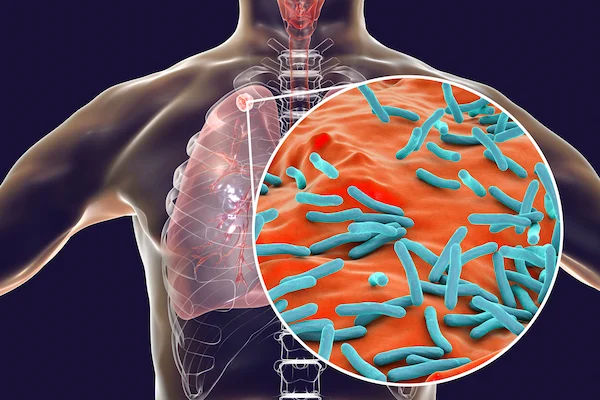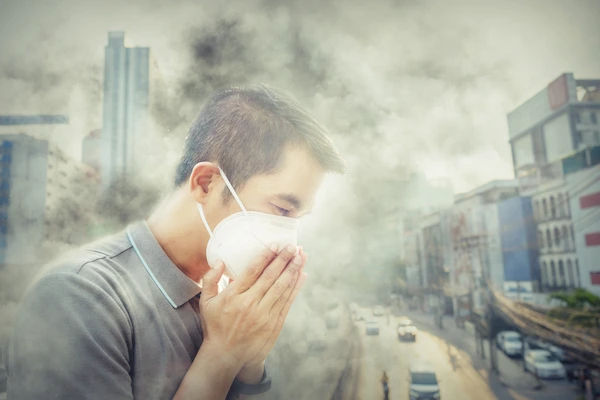- Male
- 31 Years
- 20/02/2025
I recently did a spirometry test and got FeV1 levels of 107. Is that normal or does it mean I might have a breathing issue? I'm also curious about what kind of breathing problems it could indicate. My oxygen saturation always seems to be around 98%, and after doing a 6-minute walking test, it stayed the same at 98% before and after. Could you help me understand what this might mean?
Answered by 1 Apollo Doctors
Normal
Dr. Dhankecha Suggests...
Consult a Pulmonology Respiratory Medicine Specialist
Answered 04/07/2025
0
0

More Pulmonology/ Respiratory Medicine Health Queries
View allI recently tested positive for COVID-19 on April 16th and after treatment, I got a negative result on May 8th. However, I'm now experiencing some breathing issues. My average O2 saturation levels are around 97-98. Should I be considering any kind of scan or is there something specific I should be doing?
No need to worry, when you are tested negative you are free from disease, visit Physician for evaluation and appropriate management
Answered by 1 Apollo Doctors
I've just started running, and I'm having some trouble with a thick cough that's building up in my throat, making it hard to breathe. It's this thick white stuff, and I'm a bit concerned since it's only been two days of running. Is this something normal? Could it be related to quitting smoking three months ago? Would love to hear your thoughts.
it might be because of your smoking habits. try working out and start steam inhalation
Answered by 1 Apollo Doctors
I've been on montair fx for about 6 years to help with my asthma and rhinitis symptoms. Should I still be taking it or think about cutting back or stopping? Would really appreciate some advice on this.
Those are the common side effects of Ipill, due to excess hormonal content. Take rest. Drink plenty of oral fluids and focus on a good balanced diet.
Answered by 1 Apollo Doctors
Disclaimer: Answers on Apollo 247 are not intended to replace your doctor advice. Always seek help of a professional doctor in case of an medical emergency or ailment.





